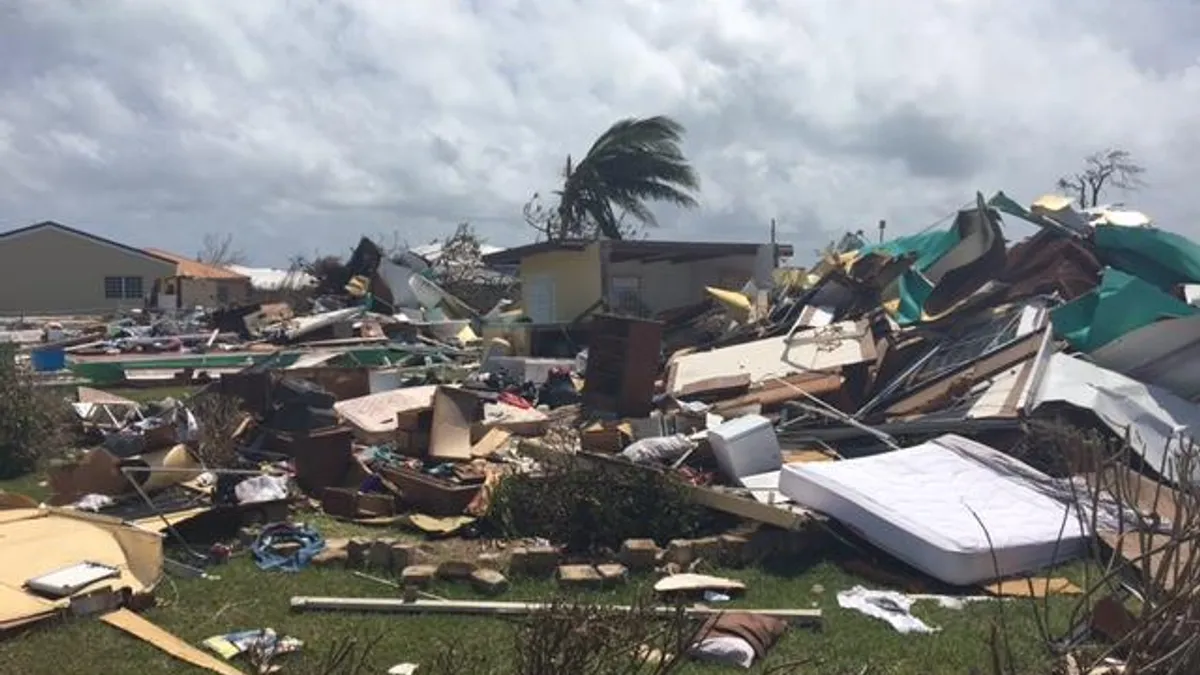Dive Brief:
- In the wake of Hurricane Harvey, the need for construction professionals to rebuild Texas’ devastated commercial and residential properties has created a skills-gap the size of, well, Texas. In response, Lone Star College has added three- to six-week courses in framing, drywalling, roofing and sheet-metal work to meet the critical demand.
- The hands-on courses are designed for students to "get in and get out" into the workforce. When the construction push dies down, students can return to pursue their degree. In the interim, the program allows them to move through quickly, get to work and decide if they want to pursue the trade.
- Two community colleges in the Orlando area already had fast-track programs, and are helping with the recovery from Hurricane Irma. Valencia College’s program, for example, includes tool-stocked mobile units used to deliver training directly to students unable to commute to the campus. Completion of their 18-credit Building Construction Specialist Certificate can be used toward an Associate's degree.
Dive Insight:
Following natural disasters, colleges are responding with a new type of just-in-time training: accelerated programming that meets the needs of the community as well as helping students learn a trade that may become a lifelong career.
The program at Lone Star also illustrates the need for flexibility. That program was originally intended to boost energy and industrial construction training, but shifted to residential and commercial in response to emerging needs — something individual employers are finding that they need to do with their learning programs.
Finally, the popularity of the programming points to a need to meet the skills gap in trades as well as in the digital realm. With 33,000 jobs estimated lost in the wake of this year’s hurricane season, the construction industry is one of a few seeing growth as of October 2017.











